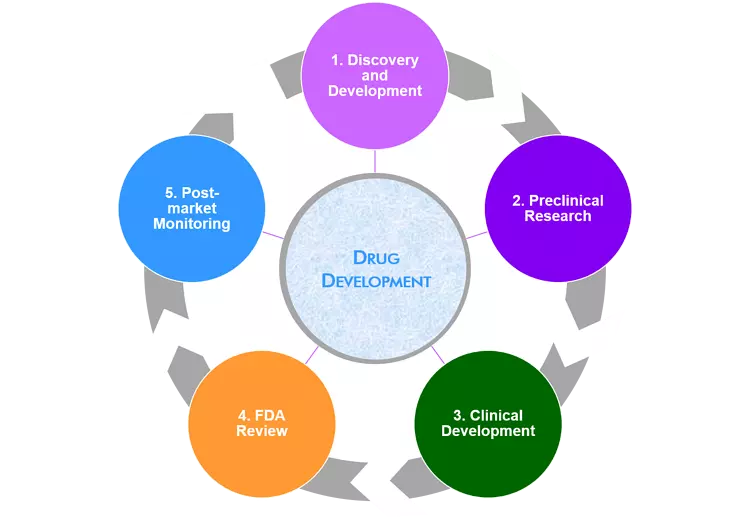The Role of Artificial Intelligence in Streamlining Drug Discovery
The pharmaceutical industry has extended faced an important concern in medicine discovery. The process of identifying and creating new medications is once complicated, time-consuming, and costly, usually taking over ten years and billions of pounds to create an individual drug to market. However, the development of artificial intelligence (AI) is transforming that landscape, offering progressive solutions to streamline msc drug discovery and development processes.
Accelerating Target Identification and Validation One of the most time-intensive periods of drug finding is distinguishing the biological goals associated with diseases. AI is becoming an essential instrument for rapidly studying huge datasets, such as genomic and proteomic data, to pinpoint possible targets. Equipment learning formulas can recognize styles and correlations in knowledge which may usually be neglected, allowing scientists to target on probably the most promising candidates. AI also represents a vital role in target validation. By using predictive types, AI may gauge the likelihood that the specific goal will react to a healing ingredient, lowering the trial-and-error method traditionally found in early-stage research. Advancing Medicine Style AI is revolutionizing the style of story medicine substances through methods like generative modeling. These advanced methods may predict the compound composition of compounds that will probably join successfully to a goal, keeping scientists substantial amount of time in synthesizing and screening molecules manually. Businesses like Insilico Medicine and BenevolentAI happen to be leveraging AI-powered systems to create 1000s of possible drug individuals within days. Enhancing Clinical Tests Medical tests are often called the bottleneck of medicine development due to their price and duration. AI offers possibilities to improve this process through patient collection and recruitment. By studying real-world knowledge from medical records, biomarkers, and also wearable units, AI methods may recognize patient populations many likely to benefit from a specific treatment. That not only boosts the recruiting method but also increases trial outcomes by ensuring an improved fit between patients and therapies. Cutting Charges and Increasing Efficiency The integration of AI in to drug discovery not only accelerates the method but in addition considerably decreases costs. By automating schedule projects, predicting outcomes, and lowering the likelihood of disappointment in later progress stages, AI decreases resource expenditure. This new effectiveness will make treatments cheaper and accessible to people worldwide. Transforming the Potential of Drug Finding

AI has begun to improve medicine discovery, turning speculative progress processes into data-driven and scalable endeavors. While issues such as honest concerns and data solitude must still be resolved, AI supports unprecedented potential to revolutionize pharmaceutical research. By harnessing the energy of synthetic intelligence, the is having a essential stage towards increasing global healthcare and meeting the rising demand for modern treatments.